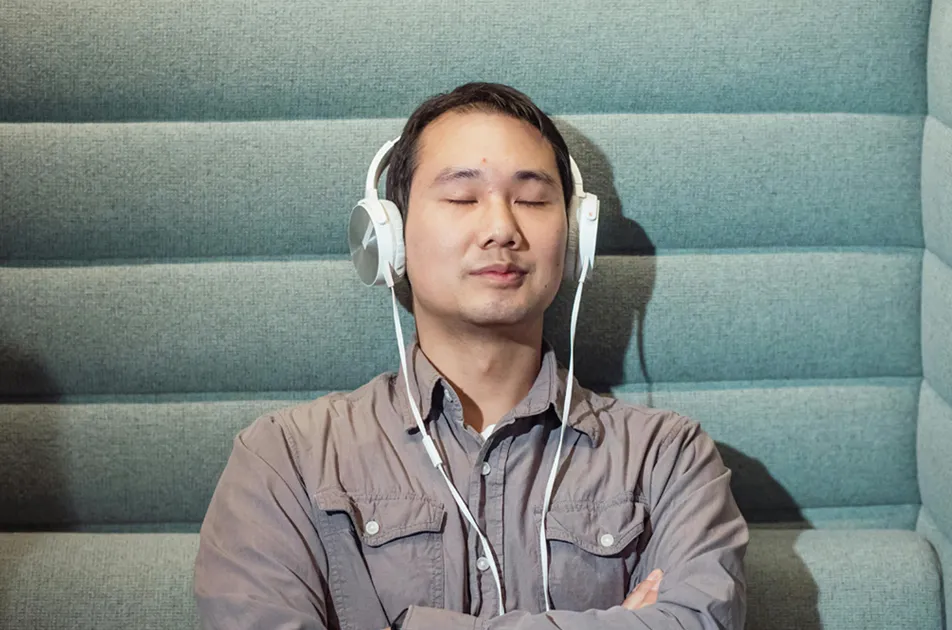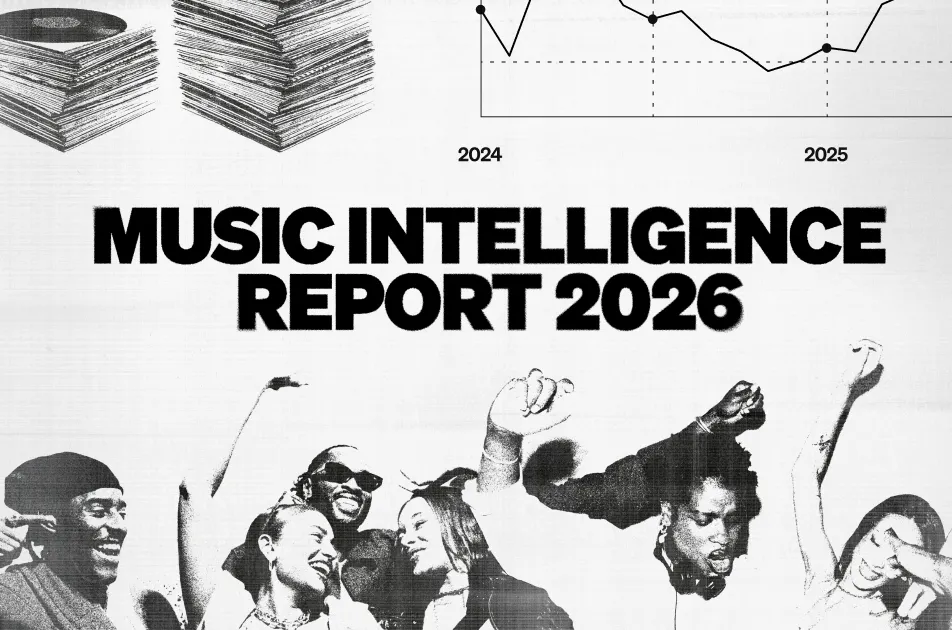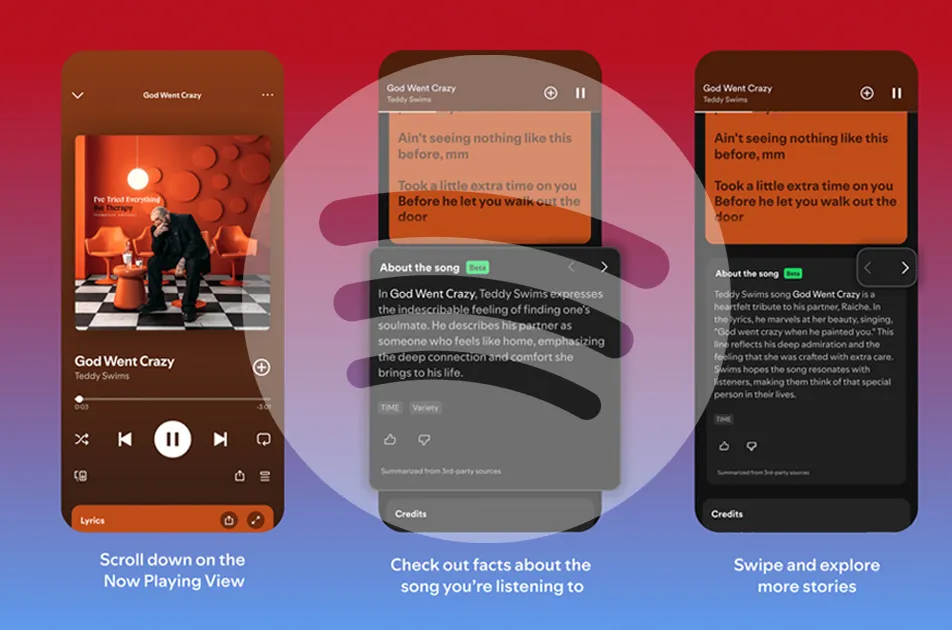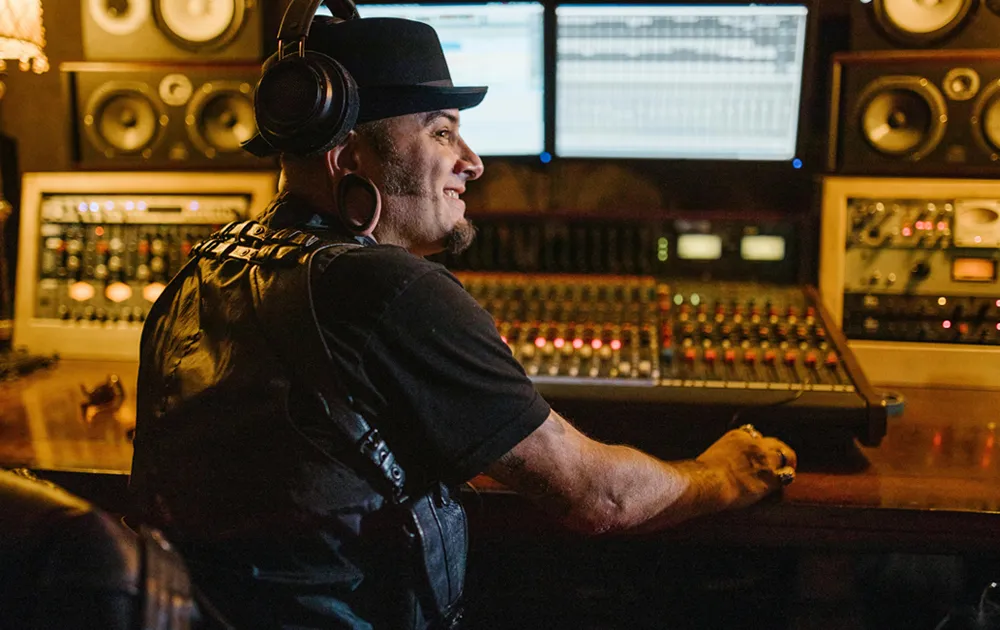We7, an on-demand music service, is repositioning itself as a web radio service. In January, We7 introduced a radio feature. By October, chief executive Steve Purdham reports that it accounted for "well over half" of the songs listened to on the site. In an interview with paidContent, Purdham candidly states that he thought users wanted unlimited options and the ability to stream songs. Yet, once users tried the radio feature, they asserted in droves that they can't be bothered by all that choice and just want to be "entertained." This is quite interesting.
Users desire less choice. Purdham contends that this is a "massive hint" into how fans want to consume music. On one hand, they need to feel like they're in control and have freedom. On the other, they call for personalized curation.
This is good news for We7; it's cheaper to make radio the entry point into their service. Royalty rates are less. This move pits We7 more strongly against Last.fm and Pandora, while easing up some of their competitiveness with Spotify. Due to the sheer complexity of licensing and the costs associated with it, Pandora isn't available in that market, leaving an opportunity for We7 to grow.
The biggest question of all through remains:
Do we really want users to take the stance of "entertain me" towards their music listening experiences?The result could be a much more passive involvement in their decision-making process and that passivity could carry onto the artists that like. At a time when many artists are banking on the most active and involved fans possible, many are taking a submissive stance towards the music they consume.
Is this good?via paidContent




